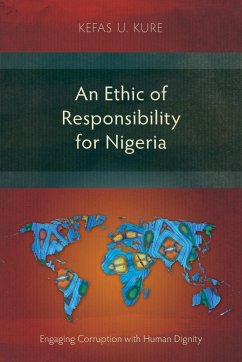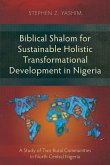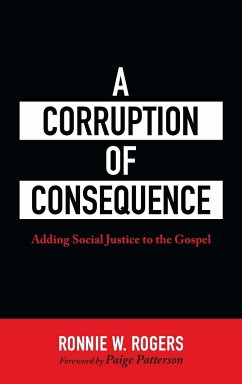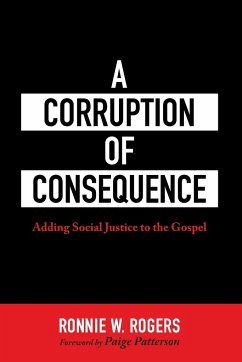Corruption is much more than a political problem. Striking at the moral fabric of society, corruption has ethical and theological implications that must be addressed if human beings are to be protected and human dignity safeguarded. In this study, Dr. Kefas U. Kure examines the dimensions of corruption in a Nigerian context. He explores the impact of political and religious corruption on vulnerable populations, particularly as it undermines belief in the worth and value of human lives. Drawing from African contextual theology, he demonstrates the need for an ethic of responsibility that would promote personal and collective action in combating corruption and defending human dignity. Such an ethic, he argues, would aid Christians, theologians, and church leaders in recognizing the importance of their role as promoters of justice, champions of human rights, and witnesses to the image of God in each and every human being.
Bitte wählen Sie Ihr Anliegen aus.
Rechnungen
Retourenschein anfordern
Bestellstatus
Storno








